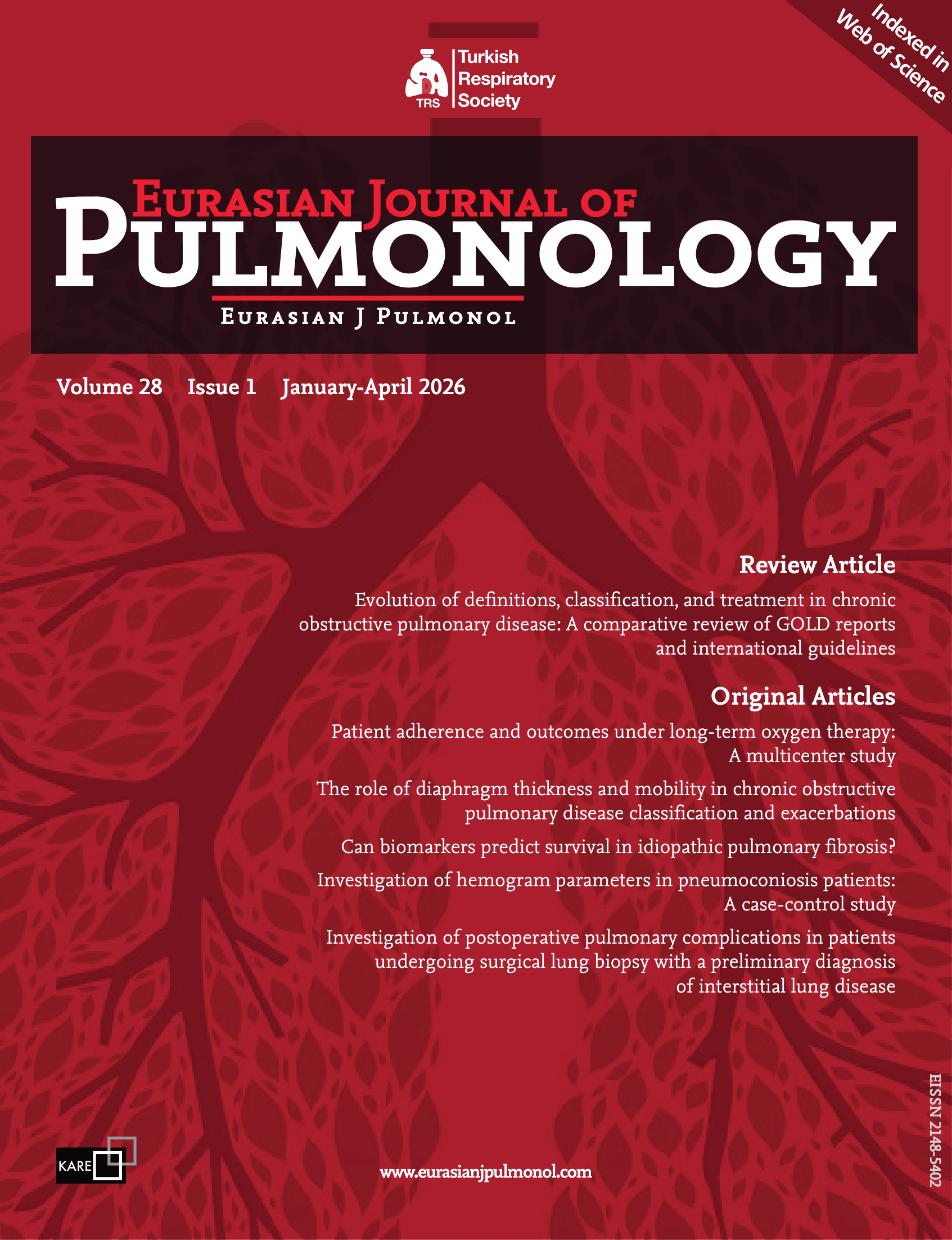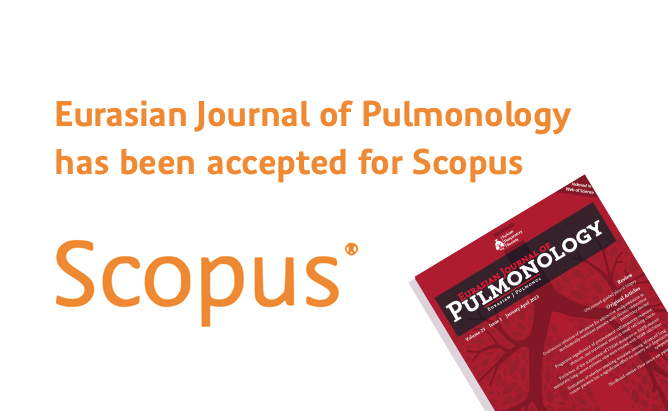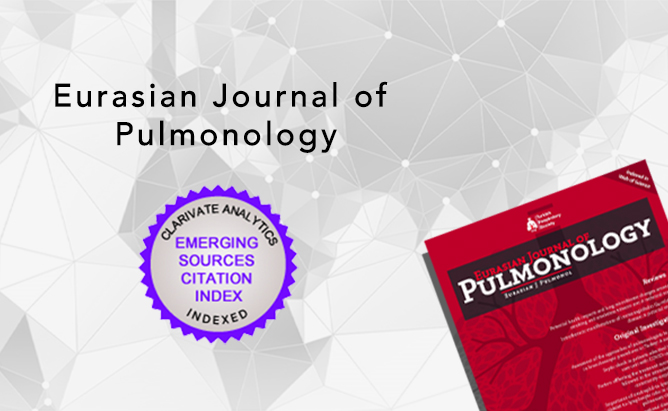Abstract
BACKGROUND AND AIM: The aim of this study was to expose the course of severe acute respiratory syndrome coronavirus-2 (SARS-CoV-2) in patients with severe bronchial asthma receiving monoclonal antibody (MAb) treatments and in patients not receiving MAb treatment.
METHODS: In this retrospective study, 211 adult patients with severe bronchial asthma (155 females and 56 males), who were being followed up in a tertiary allergy clinic between June 2020 and December 31, 2020, were evaluated.
RESULTS: A total of 211 patients with severe bronchial asthma were included in the study (155 females and 56 males). The mean age was 42 years (18–79 years). Thirty-six patients (17.1%) were on mepolizumab treatment and 58 patients (27.5%) were on omalizumab treatment. Fiftyseven patients (27%) became infected with the SARS-CoV-2 during the study. The rate of SARSCoV-2-related pneumonia was 7.6%. There was a significant difference between the patients on omalizumab treatment, patients on mepolizumab treatment, and the nonreceivers in terms of the rate of SARS-CoV-2-related pneumonia (p=0.023). No difference was found between the patients with severe bronchial asthma on omalizumab treatment and those on mepolizumab treatment in terms of the rate of pneumonia (p=0.752). No significant difference was found between the patients receiving omalizumab and/or mepolizumab treatments and nonreceivers in terms of SARSCoV-2-related hospitalization (p=0.191).
CONCLUSIONS: The frequency of SARS-CoV-2 infection and the rate of SARS-CoV-2-related
hospitalizations did not increase in patients with severe bronchial asthma on MAb treatment compared with patients who did not receive treatment.




 Emel Atayık1
Emel Atayık1 




